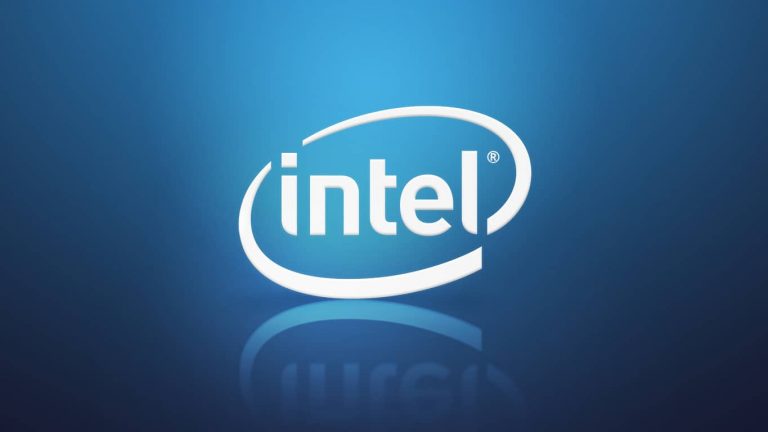A new development from Intel may make soon-to-be laptop owners hesitate with their purchases, as the company is pushing to PC makers the next generation of its PC chipset, codenamed Kaby Lake, today, reports PC World.
Kaby Lake is expected to be a refined version of Intel’s 6th-generation chipsets, codenamed Skylake, which is powering some of the most modern computers on the market, including Microsoft’s Surface Book, Surface Pro 4, and a slew of new ultrabooks from Asus, HP, Dell and the likes. The 7th generation chipset will keep the die size of its predecessor, while providing bug fixes and speed improvements. The true next step in Intel’s chip-making, Canonlake, which uses 10nm die, will not come until 2017.
The first device powered by Kaby Lake, the Asus Transformer 3, was unveiled earlier this year at Computex 2016, starting at $799. While no other major PC makers have announce products with Intel’s new chip, it is expected to power most of the PC market by the first half of next year. Intel itself is expecting 400 devices with its chipset in total, which should include Microsoft’ next Surface devices, as well as new Macs from Apple.
Intel has been trying to move away from the PC chipset business as it sees profit slumped: things got so bad that the company had to cancel the next generation of its Atom chipset, its only weapon against the onslaught of ARM in the mobile space. Only time will tell if Kaby Lake will reinvigorate Intel, and indeed, the whole PC market in general. Also, while the news may stop some of you from purchasing your next PC in hopes of catching the next wave, remember that best device is the device that you can use for work.


